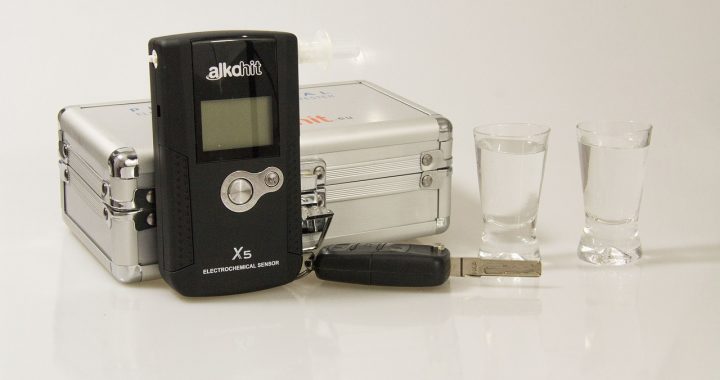New DWI penalties are being considered by the New Jersey Legislature which will expand Interlock use as a result of DWI convictions for all offenses.
Article by Peter H. Lederman, Esq.
At the present time, NJ law does not require the installation of Ignition Interlock Devices where the driver is a first offender and the Blood Alcohol Content is less than .15%BAC or higher. Stated otherwise, no interlock device is required unless the driver’s Blood Alcohol Content is slightly less than twice the level of intoxication presently defining intoxication by NJ Law, which is .08%BAC.
I suspect the rationale for this standard is the belief that most accidents occur when BAC levels reach or exceed .15% BAC. The argument for the legislation is that first time offenders are likely to offend again and that Interlock devices will deter this from happening. I have yet to see any data showing that this is the case or that there is any actual correlation between the imposition of this requirement and reduction in driving while intoxicated or accidents resulting from DWIs.
The truth of the matter is that the Courts can only impose limited use of the Interlock devices, which is the time provided in our statute. This means that the device can be removed after three months, one year or three years. The question is, what happens after the device is removed? How does the installation deter dangerous driving once the time limit has expired? In short, it doesn’t.
The proposed law does provide that use of the device will continue beyond the time imposed by the court if the driver blows into it and the result is .08%BAC or higher. This doesn’t make sense since the driver is being punished for using the device which prevents operation. The proposed law also fails to explain whether this additional requirement is for a month, a year or for the lifetime of the driver. Even more problematic is the fact that that Senator Scutari’s proposal would require the installation of this alcohol measuring device even when the DWI offense resulted from the improper use of medication or illegal drugs when no alcohol was used!
What the proposal fails to do is provide real incentives for healthy drinking habits and safe motor vehicle operation. It seems to me that allowing for diversion from a DWI prosecution based upon counseling and good behavior will provide a “carrot” to go along with the “stick” of DWI penalties. Furthermore, give second and subsequent offenders an opportunity to rehabilitate themselves and their driving records by allowing for the reduction of sentences including suspension, when circumstances show a change in lifestyle and responsibility. There are so many things that can be done to change lives. Interlock devices look good, but will not provide the goal sought for the expense involved.
